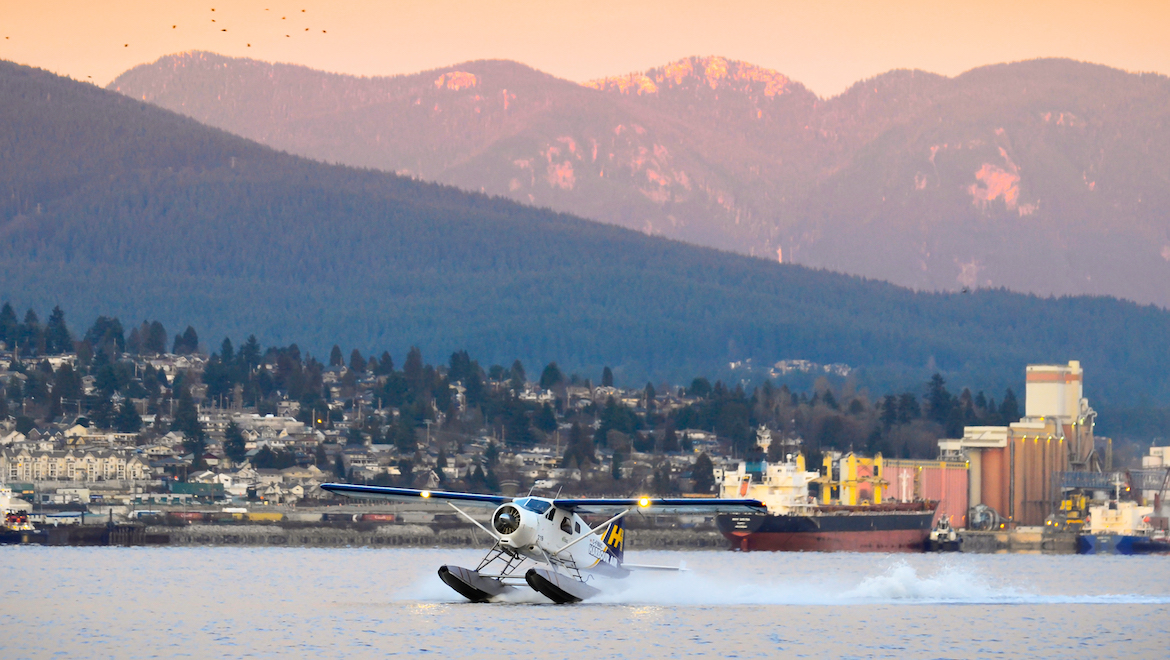
Vancouver, Canada-based Harbour Air says it plans to convert its entire fleet to be powered with electric motors.
Harbour Air, the world’s largest floatplane-only airline, carries about 500,000 passengers a year on its fleet of de Havilland Beaver, Otter and Twin Otter aircraft, as well as a Cessna Caravan, on daily scheduled services between Seattle and Vancouver, Vancouver Island and various cities on the west coast of British Columbia.
The company has partnered with Washington State-based magniX, which is developing a 750-horsepower electric motor and battery pack that offers a maximum endurance of about an hour, to convert its fleet.
As most of Harbour Air’s sectors are 30 minutes or less, the motors and batteries currently available should serve most routes adequately.
Harbour Air Seaplanes founder and chief executive Greg McDougall said this latest initiative follows the company being the first fully carbon-neutral airline in North America in 2007 through the purchase of carbon offsets.
“Through our commitment to making a positive impact on people’s lives, the communities where we operate and the environment, we are once again pushing the boundaries of aviation by becoming the first commercial aircraft to be powered by electric propulsion,” McDougall said in a statement on March 26.
“We are excited to bring commercial electric aviation to the Pacific Northwest, turning our seaplanes into ePlanes.”
The first aircraft scheduled to be converted will be a de Havilland DHC-2 Beaver, which will be used as a technology demonstrator and to provide data to Transport Canada for the certification process. Flight tests of the all-electric aircraft were expected to begin in late 2019.
magniX chief executive Roei Ganzarski said there was great potential for battery-powered flight, given about 75 percent of airline flights around the world in 2018 were under 1,000 miles.
“We’re excited to partner with Harbour Air, a forward-thinking, like-minded company that is dedicated to bringing environmentally conscious, cost-effective air-transport solutions to the West Coast of North America,” Ganzarski said in a statement.
“This partnership will set the standard for the future of commercial aviation operators.”
VIDEO: A 2016 corporate video from the Harbour Air YouTube channel.




